The House of Culture Tintinto in progress
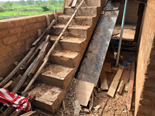
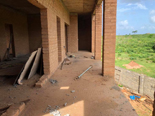
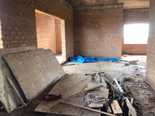
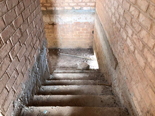
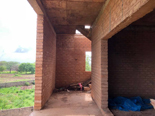
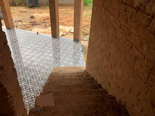
Tuesday, 7
a memory - 1977
When I graduated high school I stated that I needed to work, work really, work hard. I was running over vacancies in cheap newspapers looking for someone who is in need for me. What I misunderstood those days was that learning means hard work. I refused somehow going to university and follow teachers once again. I meant that working like workers in factories was self-determined while following teachers not. That working on a topic, which is provided and imparted by professors, actually means working self-determined didn't come to me. I was kind of blocked towards education. I considered menial work and having some banknotes in my hands more reasonable than increasing my knowledge and skills. A tremendous mistake that has been haunting me up to this day.
Monday, 6
THURSDAY, 9 AUGUST 2018, 7 PM
The viewer’s discomfort
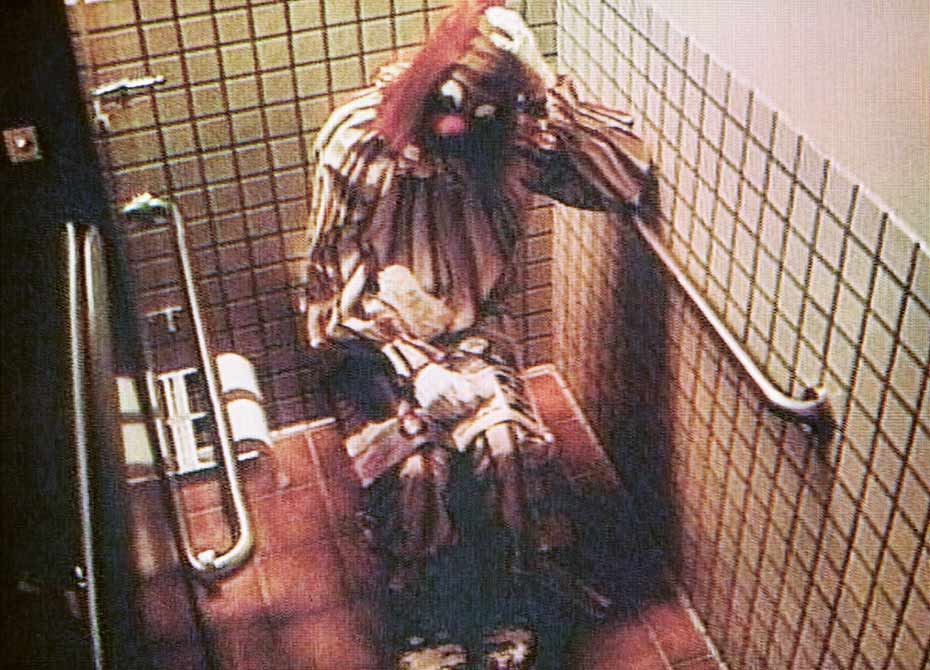
Conversation with Katharina Bochsler, Science Editor at Swiss Public Radio SRF and psychotherapist in the Federation of Swiss Psychologists (FSP), and Katharina Rüegg, art educator at Schaulager (in German)
Power, fear and violence – strength, sexuality and energy: For decades, Bruce Nauman has been working with topics that challenge observers and push their emotions to the limit. He experiments with our unconscious expectations and uses raw emotions to provoke our discomfort. Why does Nauman do this and why do we put up with his art?
https://www.schaulager.org/en/bruce-nauman/program/conversations
Thursday, 2
May You Live in Interesting Times will no doubt include artworks that reflect upon precarious aspects of existence today, including different threats to key traditions, institutions and relationships of the “post-war order.” But let us acknowledge at the outset that art does not exercise its forces in the domain of politics. Art cannot stem the rise of nationalist movements and authoritarian governments in different parts of the world, for instance, nor can it alleviate the tragic fate of displaced peoples across the globe (whose numbers now represent almost one percent of the world’s entire population).
But in an indirect fashion, perhaps art can be a kind of guide for how to live and think in ‘interesting times.’ The 58th International Art Exhibition will not have a theme per se, but will highlight a general approach to making art and a view of art’s social function as embracing both pleasure and critical thinking. The Exhibition will focus on the work of artists who challenge existing habits of thought and open up our readings of objects and images, gestures and situations. Art of this kind grows out of a practice of entertaining multiple perspectives: of holding in mind seemingly contradictory and incompatible notions, and juggling diverse ways of making sense of the world. Artists who think in this manner offer alternatives to the meaning of so-called facts by suggesting other ways of connecting and contextualising them. Animated by boundless curiosity and puncturing wit, their work encourages us to look askance at all unquestioned categories, concepts and subjectivities. It invites us to consider multiple alternatives and unfamiliar vantage points, and to discern the ways in which “order” has become the simultaneous presence of diverse orders.
May You Live in Interesting Times will take seriously art’s potential as a method for looking into things that we do not already know - things that may be off-limits, under-the-radar, or otherwise inaccessible for various reasons. It will highlight artworks that explore the interconnectedness of diverse phenomena, and that convey an affinity with the idea, asserted by both Leonardo da Vinci and Vladimir Ilyich Lenin, that everything connects with everything else.
May You Live in Interesting Times springs from a belief that interesting art creates forms whose particular character and delineation raise questions about the ways in which we mark cultural boundaries and borders. Intelligent artistic activity involves creating forms that call attention to what forms conceal, and the functions that they fulfil. The Exhibition will highlight art that exists in between categories, and which questions the rationales behind our categorical thinking.
May You Live in Interesting Times will aim to welcome its public to an expansive experience of the deep involvement, absorption and creative learning that art makes possible. This will entail engaging visitors in a series of encounters that are essentially playful, taking into account that it is when we play that we are most fully “human.” This will mean tweaking aspects of the exhibition format where possible to make sure they are sympathetically aligned with the character of the art being presented.
Finally, May You Live in Interesting Times will be formulated in the belief that human happiness depends on substantive conversations, because as social animals we are driven to both create and find meaning, and to connect with others. In this light, the Exhibition will aim to underscore the idea that the meaning of artworks are not embedded principally in objects but in conversations - first between artist and artwork, and then between artwork and audience, and later between different publics. Ultimately, Biennale Arte 2019 aspires to the ideal that what is most important about an exhibition is not what it puts on display, but how audiences can use their experience of the exhibition afterwards, to confront everyday realities from expanded viewpoints and with new energies. An exhibition should open people's eyes to previously unconsidered ways of being in the world and thus change their view of that world.
Ralph Rugoff
http://www.labiennale.org/en/art/2019/introduction-ralph-rugoff
Wednesday, 1
May You Live in Interesting Times Venice Biennale 2019